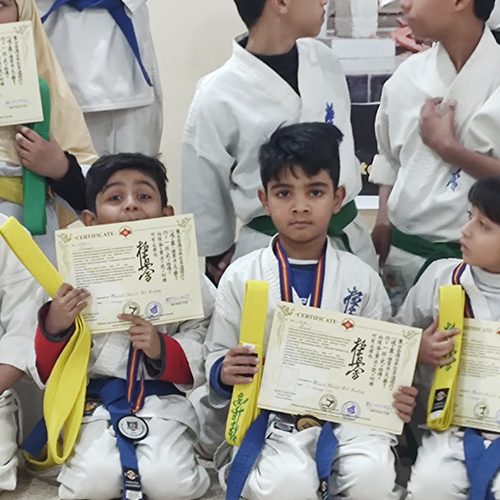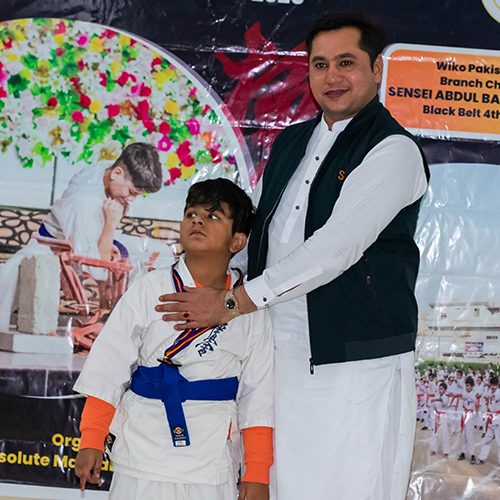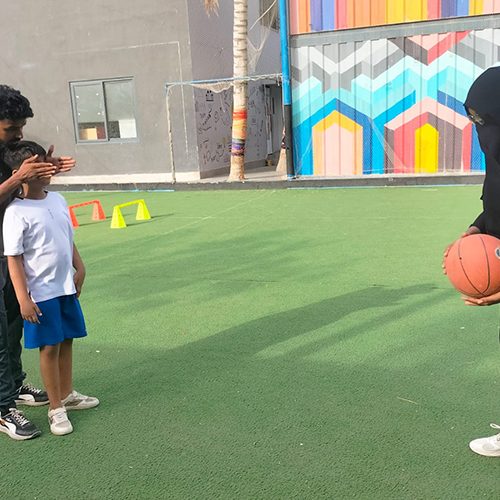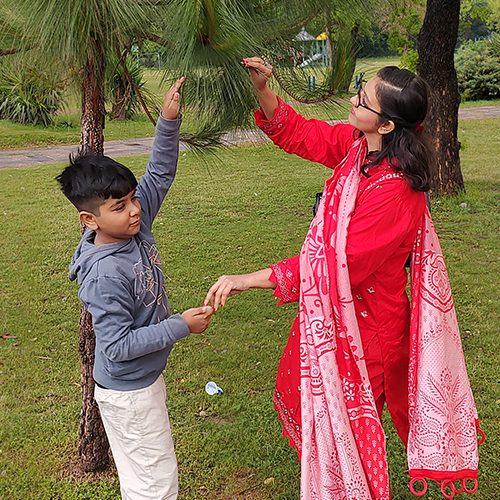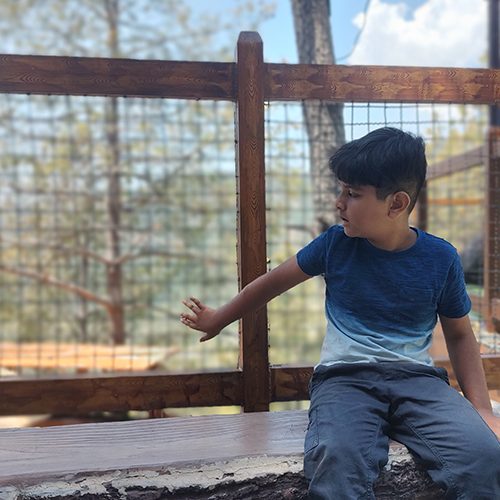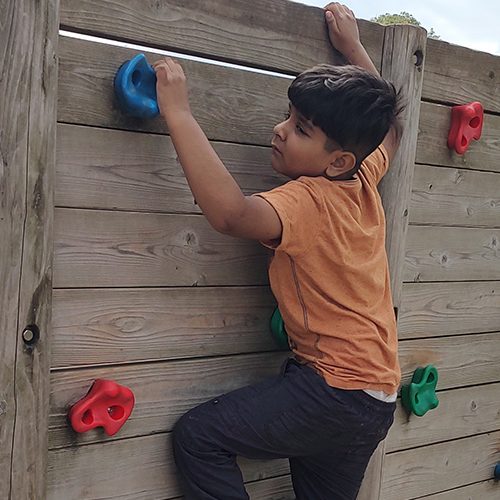1. Promotes Personal Safety
Special needs children may be more vulnerable to bullying, abuse, or exploitation. Learning basic self-defence helps them set physical boundaries and respond appropriately when they feel threatened.
2. Builds Confidence and Independence
Mastering self-defence techniques gives them a sense of control over their environment. It improves self-esteem and encourages them to be more independent in public and social settings.
3. Improves Physical Coordination
Many self-defence programs are designed to improve motor skills, balance, and body awareness, which are often areas of difficulty for kids with physical or developmental disabilities.
4. Teaches Social Skills and Discipline
Structured self-defence classes include rules, respect for others, and teamwork, which help teach social interaction, self-control, and discipline.
5. Helps in Emergency Situations
They learn how to react calmly and wisely if they’re ever in danger, lost, or confronted by a stranger. Techniques like shouting, escaping holds, or finding help are practical life skills.
6. Encourages Emotional Regulation
Self-defence training often includes elements of breathing, focus, and mindfulness, which can help kids manage anxiety, meltdowns, or anger.
Summary
Self-defence empowers special needs kids with confidence, safety skills, and physical and emotional tools to better navigate the world. It’s not about fighting—it’s about protection, awareness, and confidence-building.

